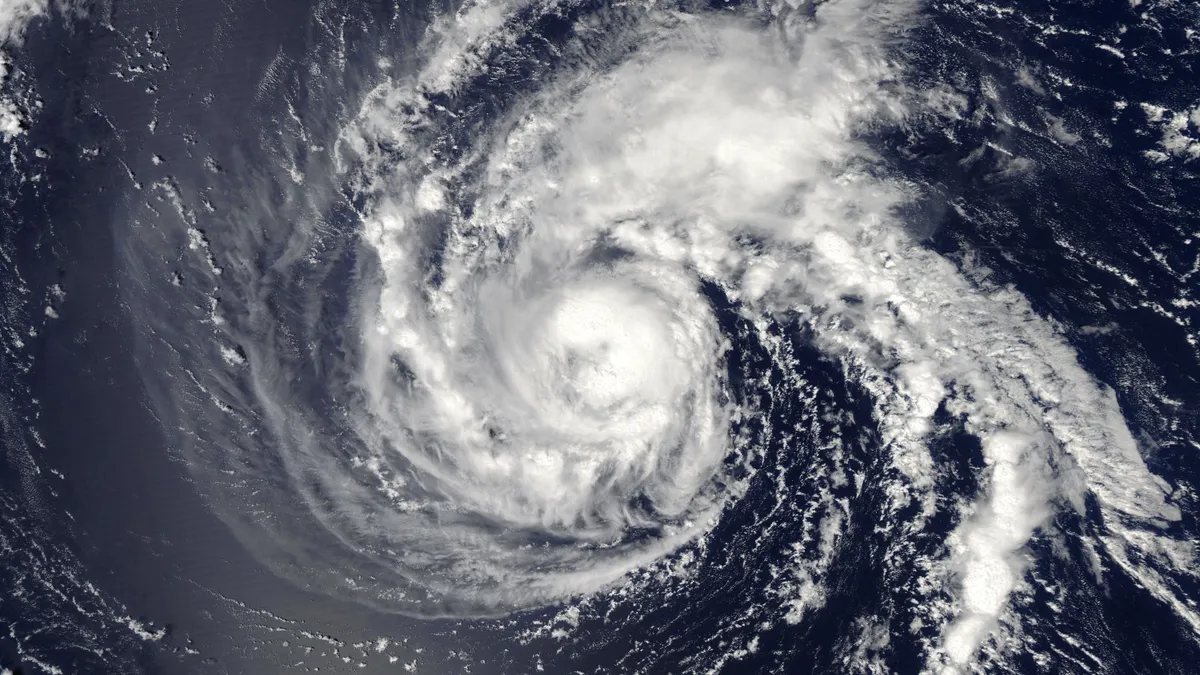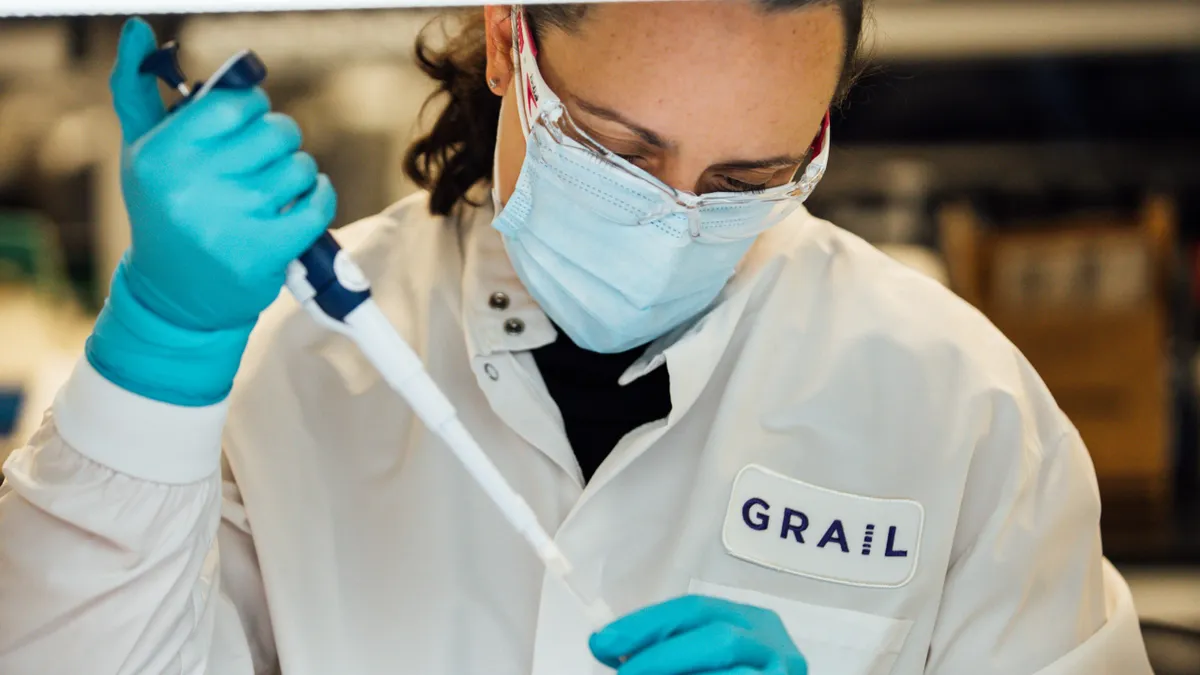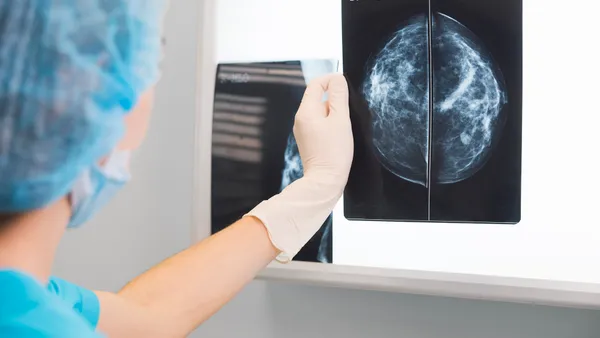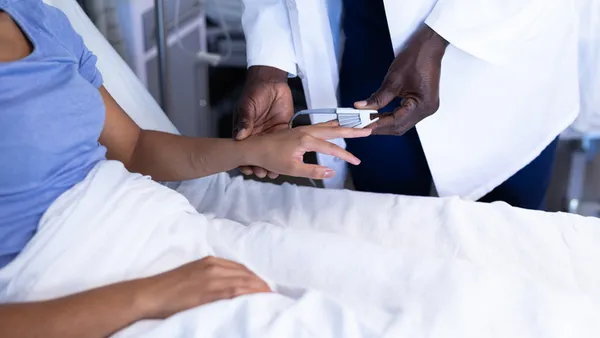Dive Brief:
-
The FDA has provided an update on the impact Hurricane Florence has had on medical device manufacturers.
-
Agency officials are closely monitoring 10 companies that manufacture critically-important medical devices and biological products as part of their efforts to prevent shortages.
-
As it stands, the FDA thinks critical shortages of medical products are unlikely.
Dive Insight:
As Hurricane Florence approached the Carolinas, the FDA worked to identify and track facilities in the path of the storm. The work led to the identification of 7,000 FDA-regulated facilities, including 3,000 that make medical products, that stood to be affected by the storm when it made landfall. With the hurricane having dissipated into a tropical depression, the FDA can now assess the extent of its effect on medical product facilities.
The FDA has picked out 10 medical device and biological product facilities that need close monitoring because they make critically-important health interventions that could be hard to source in the event of hurricane-induced supply disruptions. Agency officials are in close contact with these companies and think they have come through the storm without suffering damage that will lead to shortages.
“Fortunately, at this time, we do not anticipate any critical shortages of medical products, but we recognize we are not out of the clear and there continues to be threats of rapid flooding,” FDA Commissioner Scott Gottlieb said in a statement. In addition to flooding, the FDA has identified tornadoes as a source of post-hurricane threat and is assessing their impact on 60 facilities.
The FDA’s interactions with the manufacturers are one of several ways it is trying to mitigate the effect of the hurricane. The agency has deployed more than 90 Public Health Service Commissioned Corps officers to help with response efforts involving the Department of Health and Human Services.
Officials are also encouraging pharmacies to review FDA resources about the identification and disposal of contaminated medical devices. The resources list devices that should be classed as contaminated if their packaging gets wet, and other products pharmacies must dispose of if left unrefrigerated for more than eight hours.












